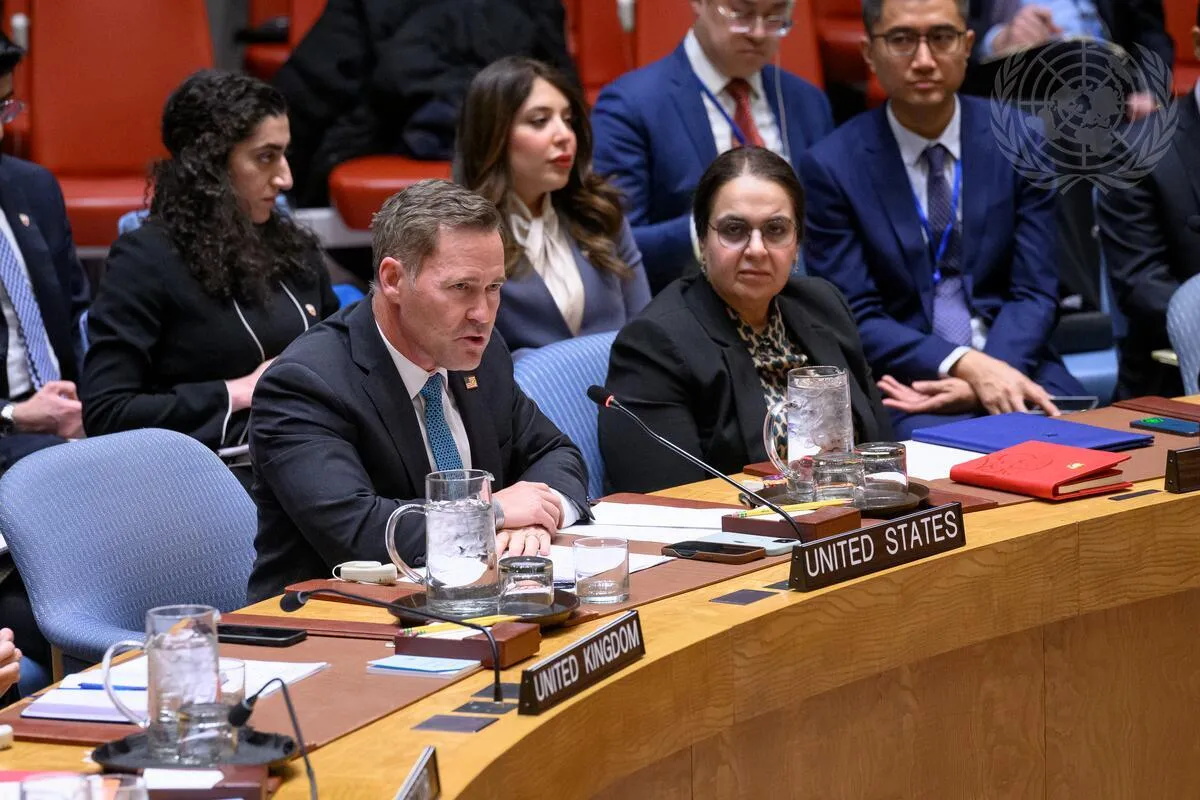U.S. Secretary of State Marco Rubio came out of his Aug. 17 meeting in Paris with European leaders (U.K., Germany and France), as well as Ukraine, mouthing increased “skepticism” over U.S. involvement in peacemaking negotiations with Russia if the fighting doesn’t cease. The European arguments are that Russia is “dragging its feet” on calling an immediate halt to the conflict, by demanding “conditions.” The arrangements that were made at the most recent meeting of the Russian and U.S. delegations in Riyadh was that there would be a step-wise transition to such a complete ceasefire, given Russian suspicions that Ukraine, already failing on the battlefield, would use such a “lull” to build up their forces for another round of combat. To test the commitment of the Ukrainians to a peaceful settlement, it was decided to put a halt on the attacks of either side on their opponent’s energy infrastructure for 30 days and to arrange the opening of trade on the Black Sea.
In fact, the Ukrainians continued attacking Russian energy infrastructure throughout the 30 days, while the Russians adhered to the agreement. The Black Sea agreement also seems to be in limbo.While President Trump is no doubt discouraged by the lack of an agreement, he certainly has been made aware by his Special Envoy Steve Witkoff, from his direct discussions with President Vladimir Putin, of the gross violations of the initial agreement by the Ukrainians, and of Russia’s overall willingness to move forward.


